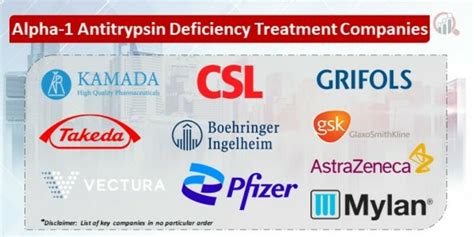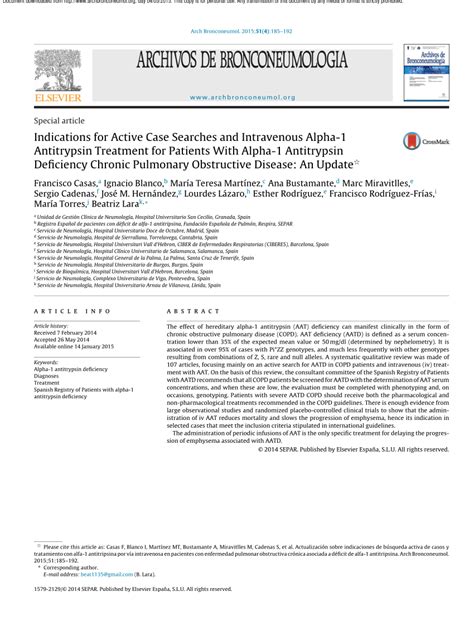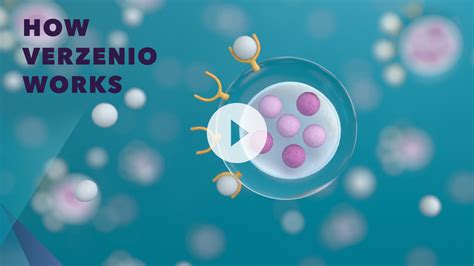What Treats Alpha Antitrypsin Deficiency? Effective Solutions

Alpha-1 antitrypsin deficiency is a genetic disorder that affects the lungs and liver, causing symptoms such as shortness of breath, wheezing, and chronic cough. The primary goal of treatment is to manage symptoms, slow disease progression, and improve quality of life. Several effective solutions are available to treat alpha-1 antitrypsin deficiency, including:
Augmentation Therapy
Augmentation therapy involves intravenous infusions of alpha-1 antitrypsin (AAT) protein, which helps to increase AAT levels in the blood and lungs. This therapy has been shown to slow the progression of lung disease and improve lung function. AAT augmentation therapy is typically administered every week or every two weeks, and the frequency of infusions may vary depending on the individual’s condition.
Pulmonary Rehabilitation
Pulmonary rehabilitation is a comprehensive program that includes exercise training, education, and support to help individuals with alpha-1 antitrypsin deficiency manage their symptoms and improve lung function. This program typically includes a combination of aerobic exercise, strength training, and flexibility exercises, as well as education on topics such as breathing techniques, nutrition, and stress management.
Smoking Cessation
Smoking cessation is crucial for individuals with alpha-1 antitrypsin deficiency, as smoking can accelerate lung disease progression and worsen symptoms. Quitting smoking can help to slow disease progression and improve lung function. Several smoking cessation programs and resources are available, including counseling, support groups, and nicotine replacement therapy.
Oxygen Therapy
Oxygen therapy may be necessary for individuals with severe lung disease, as it can help to increase oxygen levels in the blood and relieve shortness of breath. Oxygen therapy typically involves inhaling oxygen through a mask or nasal tube, and the duration and frequency of therapy may vary depending on the individual’s condition.
Liver Disease Management
For individuals with liver disease associated with alpha-1 antitrypsin deficiency, management may involve a combination of medications, lifestyle modifications, and monitoring. Medications such as ursodiol may be prescribed to help manage liver disease, and lifestyle modifications such as avoiding alcohol and maintaining a healthy weight can also help to slow disease progression.
Lung Transplantation
In severe cases of alpha-1 antitrypsin deficiency, lung transplantation may be necessary. Lung transplantation involves replacing the diseased lungs with healthy lungs from a donor, and it can help to improve lung function and quality of life. However, lung transplantation is a major surgery, and it carries risks such as rejection and infection.
Gene Therapy
Gene therapy is a promising area of research for alpha-1 antitrypsin deficiency, as it involves using genes to correct the underlying genetic defect. Several gene therapy approaches are being developed, including viral vector-based gene therapy and gene editing technologies such as CRISPR/Cas9. While gene therapy is still in its early stages, it holds promise for potentially curing alpha-1 antitrypsin deficiency.
Lifestyle Modifications
Several lifestyle modifications can help to manage symptoms and slow disease progression in alpha-1 antitrypsin deficiency. These include:
- Avoiding exposure to air pollutants and irritants
- Getting regular exercise, such as walking or yoga
- Maintaining a healthy weight
- Eating a balanced diet rich in fruits, vegetables, and whole grains
- Getting enough sleep and managing stress
By combining these effective solutions, individuals with alpha-1 antitrypsin deficiency can manage their symptoms, slow disease progression, and improve their quality of life.
FAQ Section

What is the primary goal of treatment for alpha-1 antitrypsin deficiency?
+The primary goal of treatment for alpha-1 antitrypsin deficiency is to manage symptoms, slow disease progression, and improve quality of life.
What is augmentation therapy, and how does it work?
+Augmentation therapy involves intravenous infusions of alpha-1 antitrypsin (AAT) protein, which helps to increase AAT levels in the blood and lungs. This therapy has been shown to slow the progression of lung disease and improve lung function.
Is gene therapy a promising area of research for alpha-1 antitrypsin deficiency?
+Yes, gene therapy is a promising area of research for alpha-1 antitrypsin deficiency, as it involves using genes to correct the underlying genetic defect. Several gene therapy approaches are being developed, including viral vector-based gene therapy and gene editing technologies such as CRISPR/Cas9.
What lifestyle modifications can help to manage symptoms and slow disease progression in alpha-1 antitrypsin deficiency?
+Several lifestyle modifications can help to manage symptoms and slow disease progression in alpha-1 antitrypsin deficiency, including avoiding exposure to air pollutants and irritants, getting regular exercise, maintaining a healthy weight, eating a balanced diet, and getting enough sleep and managing stress.
Is lung transplantation a treatment option for alpha-1 antitrypsin deficiency?
+In severe cases of alpha-1 antitrypsin deficiency, lung transplantation may be necessary. Lung transplantation involves replacing the diseased lungs with healthy lungs from a donor, and it can help to improve lung function and quality of life.



